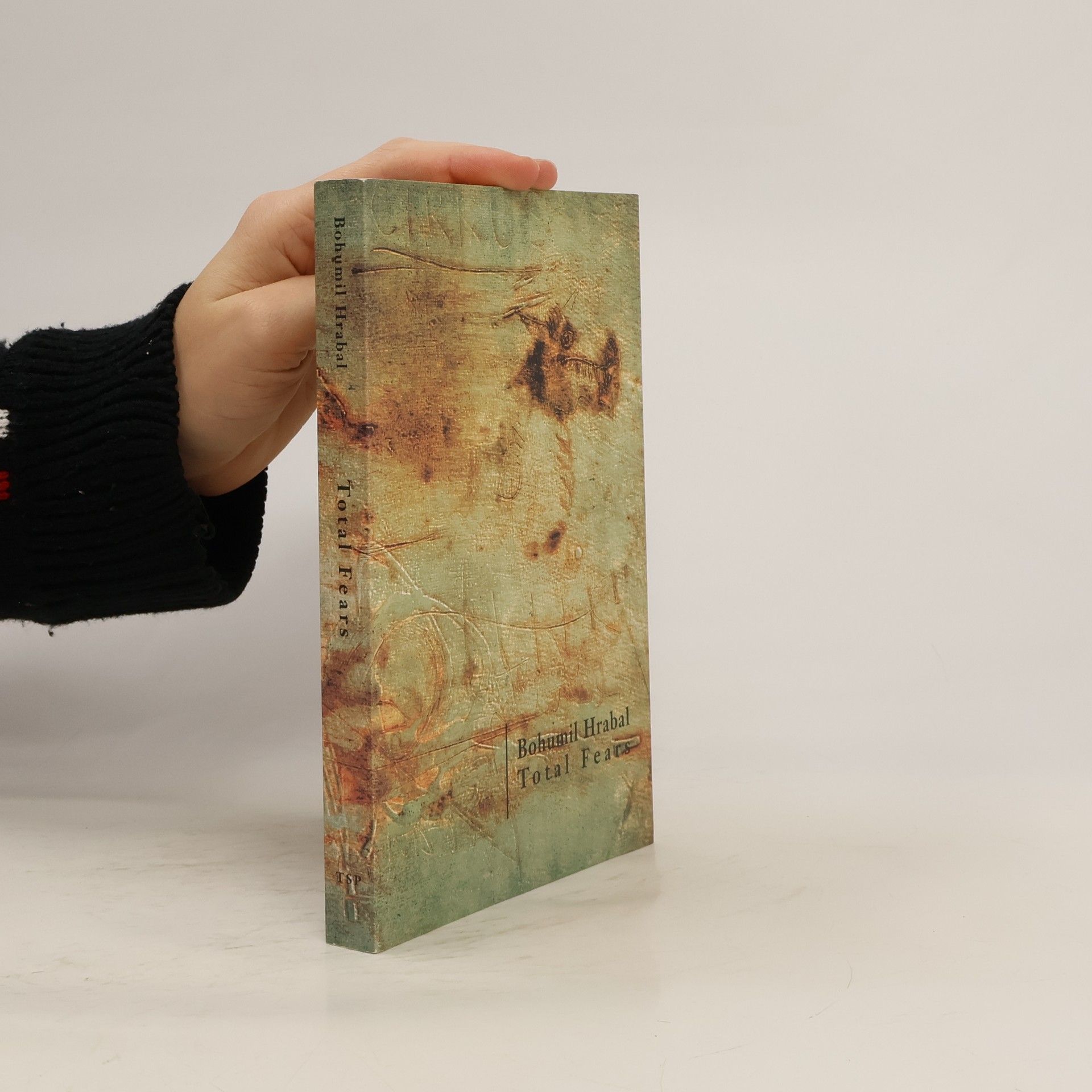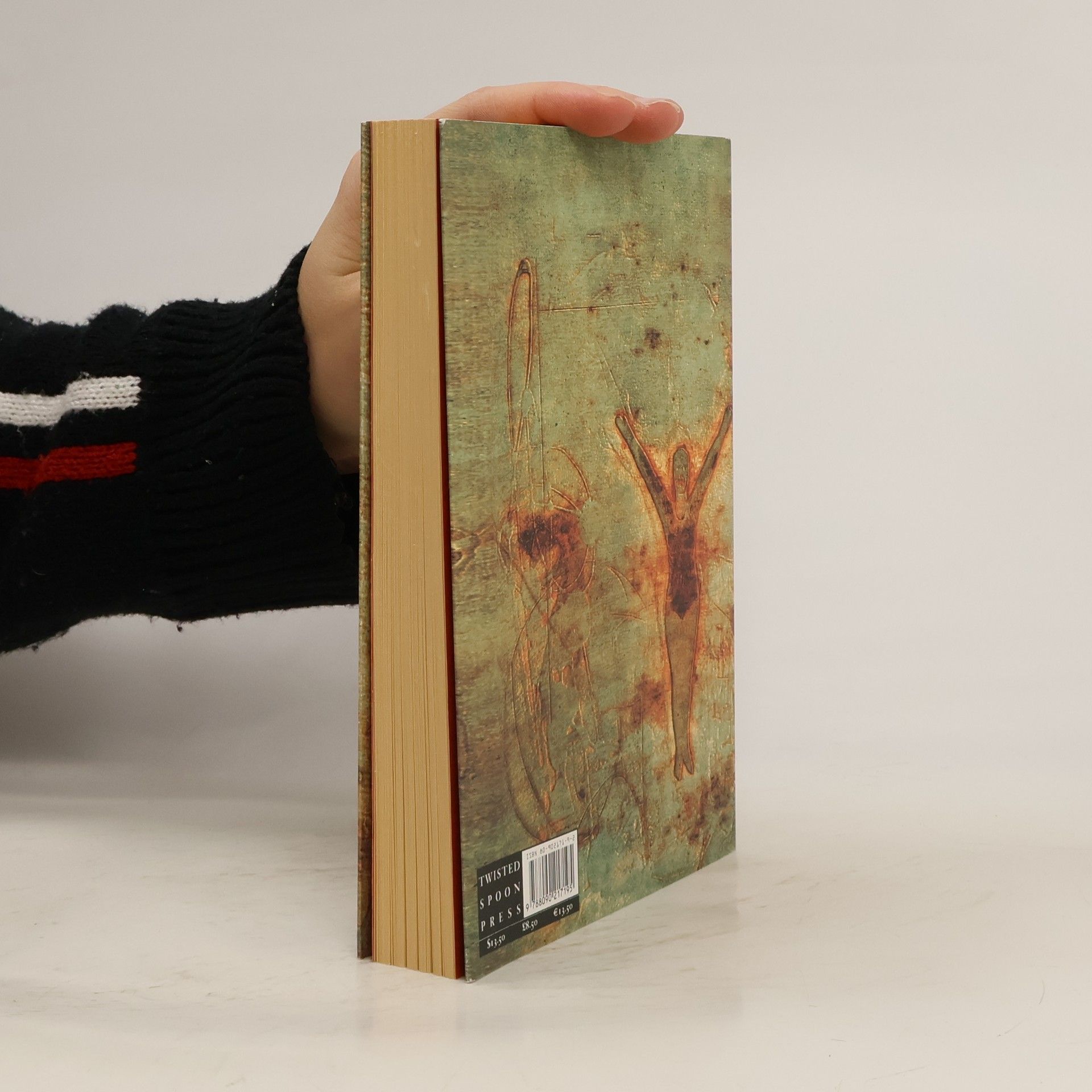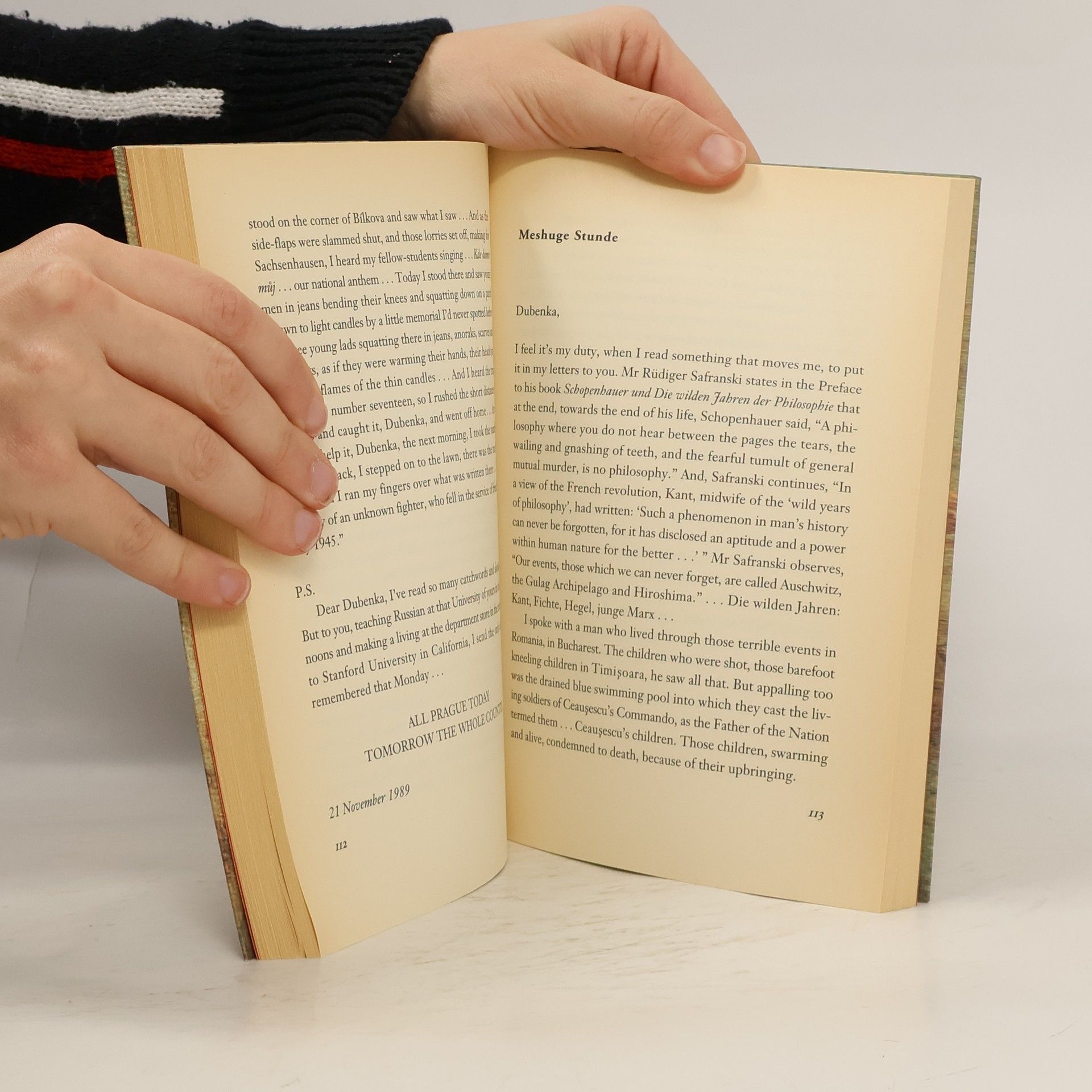Mehr zum Buch
Tato kniha byla vydána českým nakladatelstvím Twisted Spoon Press, které sídlí v Praze a vydává díla českých a slovanských autorů v anglickém jazyce. Oficiální anotace nakladatele: In these letters written to April Gifford (Dubenka) between 1989 and 1991 but never sent, Bohumil Hrabal (1914–97) chronicles the momentous events of those years as seen, more often than not, from the windows of his favorite pubs. In his palavering, stream-of-conscious style that has marked him as one of the major writers and innovators of postwar European literature, Hrabal gives a humorous and at times moving account of life in Prague under Nazi occupation, Communism, and the brief euphoria following the revolution of 1989 when anything seemed possible, even pink tanks. Interspersed are fragmented memories of trips taken to Britain — as he attempted to track down every location mentioned in Eliot’s “The Waste Land” — and the United States, where he ends up in one of Dylan Thomas’s haunts comparing the waitresses to ones he knew in Prague. The result is a masterful blend of personal history and fee association rendered in a prose as powerful as it is poetic.
Buchkauf
Total fears. Selected letters to Dubenka, Bohumil Hrabal, J. D. James D. Naughton
- Sprache
- Erscheinungsdatum
- 1998
- product-detail.submit-box.info.binding
- (Paperback),
- Buchzustand
- Gebraucht - Gut
- Preis
- € 6,58
Hier könnte deine Bewertung stehen.


